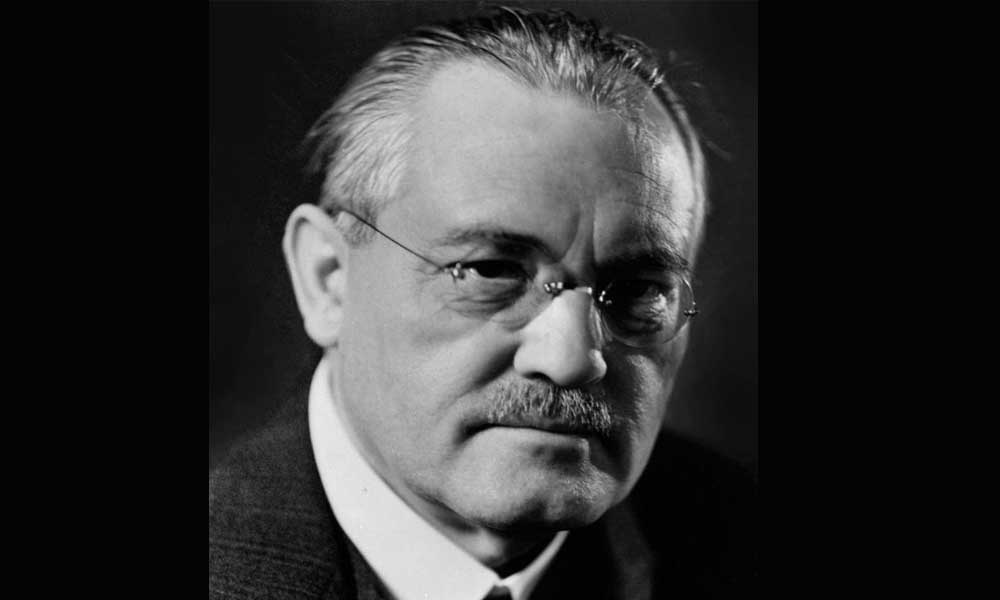He won the 1931 Nobel Prize in chemistry: Who is Carl Bosch?
In 1931, he shared the Nobel Prize in Chemistry with Bergius for their discovery and development of high-pressure methods in chemistry.

(1874-1940) German chemist. He won the Nobel Prize in 1931 for his contributions to the development and application of high-pressure methods in chemistry. He was born in Cologne in August 1874. After a short training in metalworking and mechanical engineering, he studied chemistry at the University of Leipzig. A year after receiving his doctorate in 1898, he started working at Badische Anilin-und Soda Fabrik (BASF), a large paint manufacturing company. He worked on various nitrogen production processes between 1902 and 1907, and on ammonia (NH3) synthesis and high-pressure techniques with the method developed by Haber in the following years. In 1925 he was appointed president of the I G Farben Company. In 1931, he shared the Nobel Prize in Chemistry with Bergius for their discovery and development of high-pressure methods in chemistry. He died in Heidelberg on April 26, 1940.
Carl Bosch (27 August 1874 – 26 April 1940) was a German chemist and engineer and Nobel Laureate in Chemistry. He was a pioneer in the field of high-pressure industrial chemistry and founder of IG Farben, at one point the world's largest chemical company.
In 1908-1909, Fritz Haber synthesized ammonia under laboratory conditions by the reactions of hydrogen and nitrogen obtained from the atmosphere at high pressure and temperature. Carl Bosch started working at BASF to enable the industry-level production of ammonia, which is so important to the chemical industry. As a result of hundreds of experiments he conducted over a period of about four years, he succeeded in producing ammonia through a process that uses iron mixed with alkalis as a catalyst and double-walled containers that are resistant to high temperatures and pressures up to 200-1000 atmospheres, which he developed himself. By 1913, approximately 36,000 tons of ammonium sulfate was produced annually by the Haber-Bosch method.
Carl Bosch developed the high-temperature and pressure techniques he used in the synthesis of ammonia, and applied them in various fields, from methanol, artificial rubber, and coal to petroleum production obtained by the hydrogenation method.
-------------------------------------------------
Carl Bosch – developer of the Haber-Bosch process
https://www.worldofchemicals.com/481/chemistry-articles/carl-bosch-developer-of-haber-bosch-process.html
